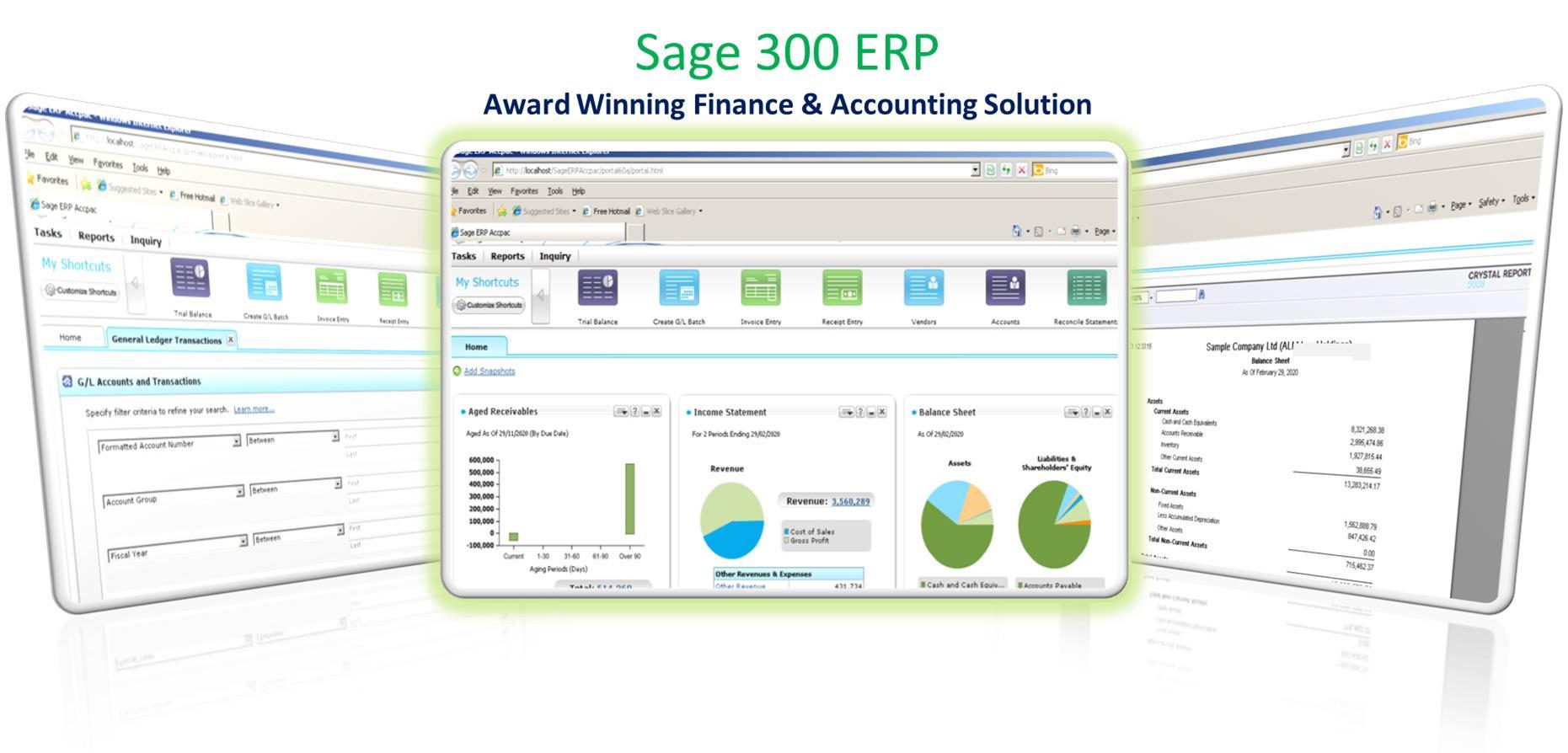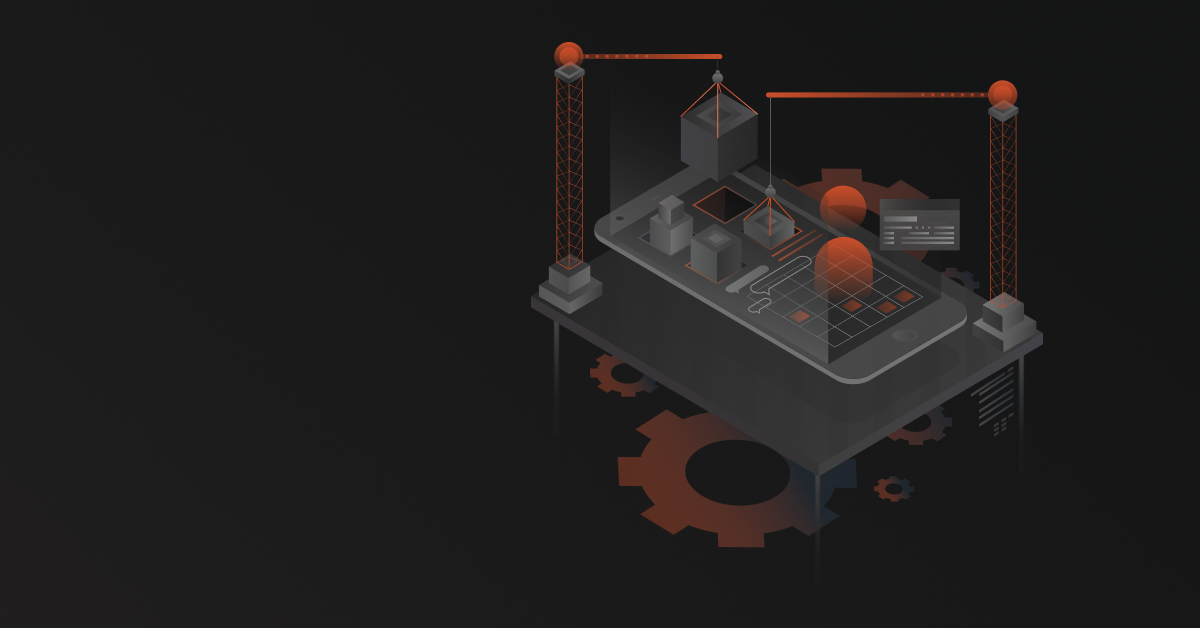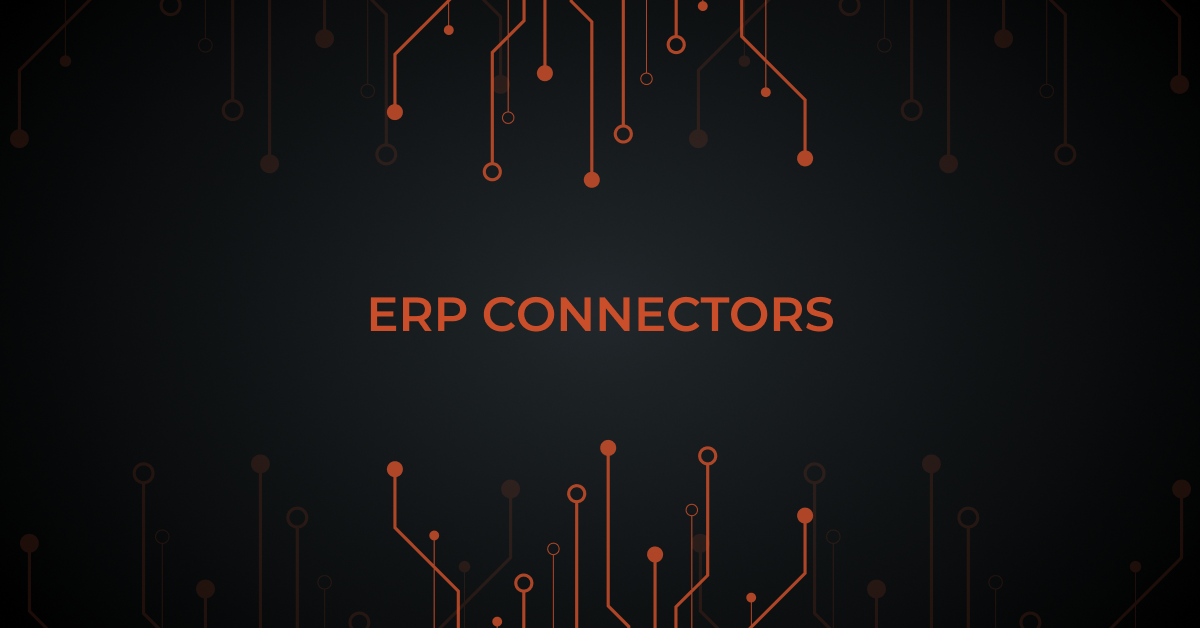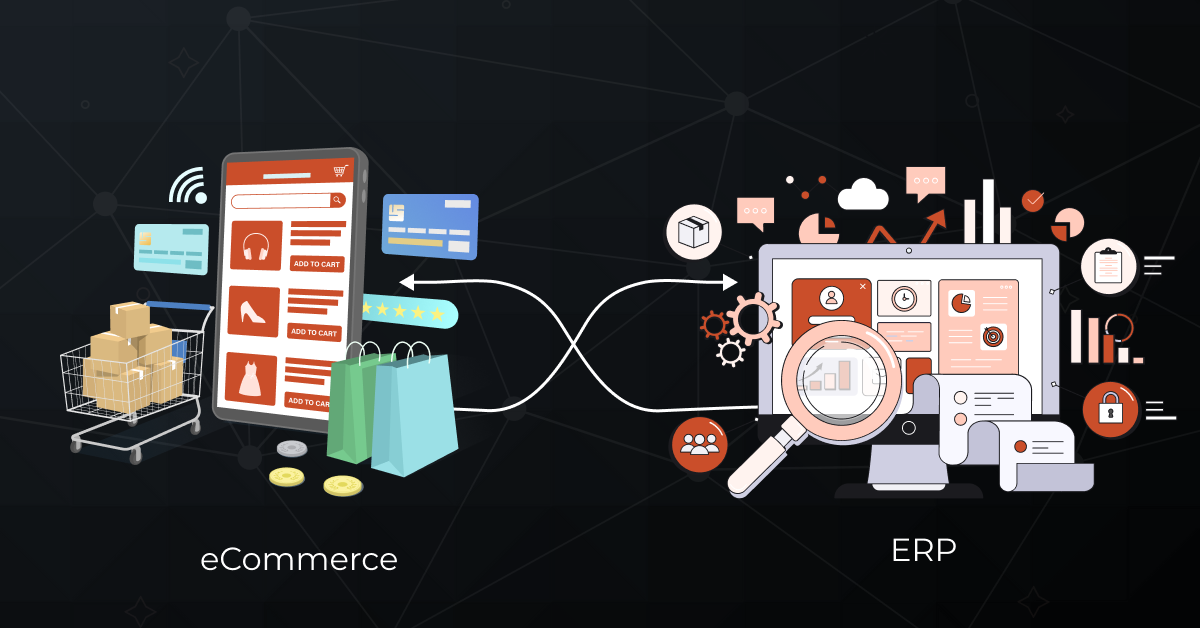Comprehensive guide on Sage ERP in 7 fast facts. Enterprise Resource Planning Systems (ERPs) software combines core processes within a business under a centralized dashboard. Conventionally, these systems were operated by large, global multinational corporations since they remained too expensive to run and had to have dedicated IT support handling their deployment and maintenance.
Although today, ERPs are increasingly being used by smaller organizations across many industries, especially since the introduction of cloud ERP. While these systems may not be practical for the smallest of companies, many small to midsize businesses (SMBs) have adopted ERP systems.
It is beneficial to study software solutions that are agile and helps your business scale fast operationally. An ERP is a functional, cloud-based, and unified solution that leverages several tools such as machine learning, data analytics, and comprehensive cloud capacities to turn your business data and department data into business intelligence.
With an ERP system, you can distinguish and generate growth opportunities securing overall business and customer profit.
We go in-depth exploring the Sage ERP solutions pricing, industry modules, tech-specs, and its implementation. If you’re a finance manager, entrepreneur, operational head, or any key decision-maker in the market for an ERP, this article is for you. Also explore more about Sage Shopify integration Sage Ecommerce integration Sage 100 edi integrations
What is Sage ERP?

Sage ERP (Sage100, Sage 100c/Sage 100 ERP) is largely for small and medium manufacturers, distributors, and retailers that want to automate operational processes, connect employees and gain market insights and when they
Sage ERP is perfect for businesses that have outgrown their current accounting software or standard methods and require a business administration solution to collect, store, manage and understand data across their business verticals.
What’s unique about Sage ERP is that it’s a subscription-based platform. Sage ERP offers the instruments for organizations that need to maintain products, orders, customers, finances, operations, and systems. It presents the insights businesses require to decrease expenses, stay in compliance, provide value to customers and effectively manage growth and scale the organization.
Who Can Use Sage ERP?
The target market for Sage ERP is far-reaching. Sage ERP assists various industries and verticals, manufacturing, shipping, and distribution. Sage ERP (Sage 100 cloud ERP) is for small and medium manufacturers, distributors, and retailers. A partial list of their thousands of customers is below:
- St. Joseph’s Paper and Packaging
- Packaging Specialities
- Narron Construction
- AnDea Chocolate and Supplies
What Are The Core Modules Sage ERP?
Sage ERP renders full functionality for small and medium-sized manufacturers, distributors, and enterprise-level organizations. Some of its essential features include: Sage ERP features include:
- Accounting and Finance: Enhances productivity and profitability through built-in visual method flows that provide ease of use and flexible personalization. Includes customizable alternatives, a user-friendly layout, and an intuitive interface that connects to improve workflow and improve efficiency.
- Business Intelligence and Reporting: Companies get immediate visibility across the company, promote productivity, and enhance their reporting with business intelligence functionality that produces a comprehensive information management solution.
- Sales and Customer Management: Sales agents get complete, up-to-the-minute data to satisfy every client inquiry, including the availability of precise units in inventory, item and quantity pricing, and more.
- Purchasing and Supplier Management: Obtaining management for distributors produces detailed, detailed records of every purchase, including sizes, prices, the status of who places an order, and special shipping instructions.
- Inventory Management and Warehousing: Real-time inventory management software for distributors lets companies track stock correctly and improve client satisfaction.
- Manufacturing: Sage 100cloud/Sage ERP offers detailed, accurate tracking and reporting at each stage.
Using Sage ERP Solution?
Help you get started quickly, there are many resources available online. Sage ERP solution is a powerful ERP product that has great community support. . Of course, if you want to utilize the ERP to its full potential, learning will be essential. Below are some resources that you can use to master the Sage ERP Solution:
- Official Sage ERP Solution guide here;
- Official Sage ERP Solution community resources here;
- Official Sage ERP Solution blog platform.
The functionality remains simple across the channel: order entry, CRM, financial management, inventory control, warehouse management, purchasing, reporting, dashboards, etc.
How Much Does Sage ERP Cost
Sage 300 ERP pricing is not available on the Sage website.
Pricing depends on which package and add-ons a company selects. Adding users will increase the total cost, but reduce the per-user price.
However, according to a third-party site, there are three pricing packages (not including implementation):
Essentials package: $50 per user, per month, billed monthly:
- 1-5 users: $50/user/month
- 6-10 users: $47.50/user/month
- 11-25 users: $45.00/user/month
- Over 25 users: $40/user/month
Advanced package: $61.11 per user, per month, billed monthly:
- 1-5 users: $61.11/user/month
- 6-10 users: $58.06/user/month
- 11-25 users: $55.00/user/month
- Over 25 users: $48.89/user/month
Complete package: $66.67 per user, per month, billed monthly:
- 1-5 users: $66.67/user/month
- 6-10 users:$63.3/user/month
- 11-25 users: $60.00/user/month
- Over 25 users: $53.33/user/month
To further ease your decision-making you can compare sites like Capterra or G2 to measure Sage ERP to other ERP solutions by industry, ratings, customer views, pricing, organization size, features, and more.
How to Integrate Sage ERP Solution Into Your Business?
Sage offers multiple deployment options for Sage 100cloud. A business can begin directly in the cloud, manage it on-premise. Sage deployment or support a hybrid approach.
In all examples, an institution gets advanced features and functions as every other Sage 100cloud customer. Sage 100cloud integrations include Salesforce, Magento eCommerce, and Office 365.
An integration platform as aid you can integrate Sage ERP Solution into your existing business. You can use the DCKAP Integrator integration platform. Is your online store running on platforms like Magento, Shopify Plus, BigCommerce, & SAP Commerce Cloud? Communicate orders, inventory & SKUs in real time between ERP and eCommerce.
Sage ERP offers an array of products to consolidate and streamline business operations such as cross-department collaboration, finance and inventory management, and customer support. Effectively manage business operations and attain multi-fold profitability, by connecting your Sage data with any leading platform using DCKAP Integrator. Get up-to-date information from multiple departments within the company, forecast improvement areas, and attain global financial compliance, all from a single ERP system – Sage.
Sage ERP and financial accounting products include:
- Sage X3
- Sage 300
- Sage 300 Online
- Sage 500 ERP
DCKAP Integrator iPaaS has all-encompassing integration features for setting up a full-fledged synchronization of Sage ERP with multiple business applications. With DCKAP Integrator pre-built connectors, you can sync that in a flash. You can use this comprehensive guide here to get started. DCKAP Integrator already provides a pre-built package that integrates all these data points. Its GDPR compliance platform ensures the complete security of your data through encrypted transactions and SSL certifications. Additionally, the DCKAP Integrator platform provides you best-in-class UI and UX, with drag and drop features and minimal coding effort.
In Conclusion
Some clients have described running into a constraint on the number of windows that can be open concurrently. Others have remarked that when the data volumes are very large (>100MB), the data export can be sluggish and cumbersome.
Overall, Sage ERP doesn’t reflect any glaring shortcomings and is a solid choice for any SMB in the market looking for an agile solution especially if you’re a wholesaler or manufacturer. I would recommend that companies ensure to include it in their RFP process.
If you liked the article, please drop a like and comment and let us know.
You can learn about other enterprise ERPs here.
Thank you for your reading this far!
Contents




